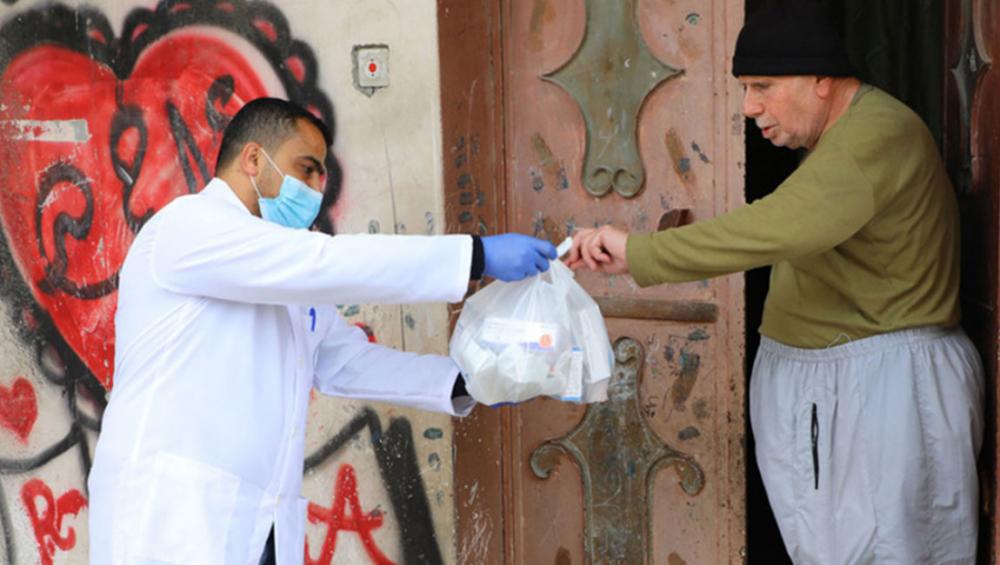Just Earth News | @justearthnews | 23 Jul 2020, 07:23 am Print

Cooperation between Israelis and the Palestinians at the outset of the COVID-19 pandemic is breaking down, putting human lives at risk as the economy goes into meltdown and the threat of Israeli annexation of parts of the West Bank lingers, the UN’s Special Coordinator for the Middle East Peace Process says.
Nickolay Mladenov, briefing the Security Council on Tuesday, said that a dramatic increase in novel coronavirus cases in both the West Bank, including East Jerusalem, and Israel is having a big impact on the situation on the ground.
Gaza prevention efforts faltering
Israel and the Palestinian Authority have both put restrictions on movement back into place, but the ability to cope with a big surge in cases in the West Bank - and to improve prevention efforts in Gaza – is being “significantly compounded” by the end of coordinated measures seen at the outset of the pandemic, he said.
In addition, the Palestinian Authority’s refusal to accept any clearance revenues transferred by Israel, is blocking the ability of Gaza inhabitants to travel outside for treatment and triggering delays in the delivery of humanitarian assistance, he added.
The UN is trying to help by engaging with all sides to ensure that humanitarian aid gets through, but there are limits to what it and others can do, he said, stressing that primary responsibility for people’s well-being still remains with the Palestinian Authority and the Israeli Government.
The World Health Organization (WHO) on Monday put the number of confirmed COVID-19 cases in Israel at 49,481, with 403 fatalities. In the West Bank and Gaza, it reported 10,052 cases and 65 deaths.
Mr. Mladenov briefed the Council’s monthly debate on the Palestinian question via video-teleconference as several world leaders – including, in a recent op-ed in an Israeli newspaper, United Kingdom Prime Minister Boris Johnson - echoed Secretary-General António Guterres’ call for Israeli Prime Minister Benjamin Netanyahu to abandon plans to annex parts of the occupied West Bank.
The Special Coordinator also reiterated the UN chief’s call to members of the Middle East Quartet, Arab countries, and the Israeli and Palestinian leaderships to re-engage urgently.
“We need to restart diplomacy”, he said, adding that the COVID-19 pandemic and its ensuing economic crisis, which has sent Israeli unemployment soaring past 20 per cent, are a chance to move forward along the path to a negotiated two-State solution in line with UN resolutions, bilateral agreements and international law.
‘Extraordinary measures’
“The ferocity of the COVID-19 virus and its devastating human and economic toll demand extraordinary measures (that) rise above politics-as-usual,” he said.
“Immediate efforts to curb the virus and to mitigate its impact must be prioritized. Israeli and Palestinian leaders have a duty to protect the lives and livelihoods of their populations.”
- New hybrid Mpox strain surfaces in UK and India — WHO sounds global alert
- Deadly weight: Obesity now responsible for 1 in 10 infection deaths worldwide
- Coffee and tea: This everyday drink may help protect your brain from dementia
- Happy Chocolate Day! The sweet secret behind chocolate’s hidden benefits
- Cambridge study finds menopause affects memory, mood, and sleep





-1763561110.jpg)
